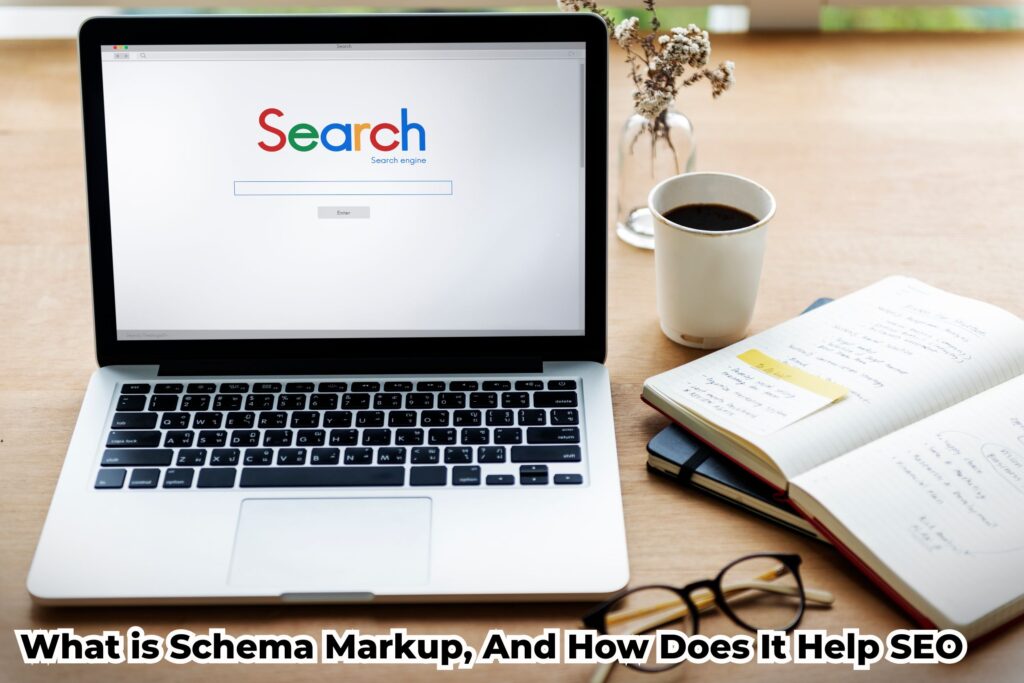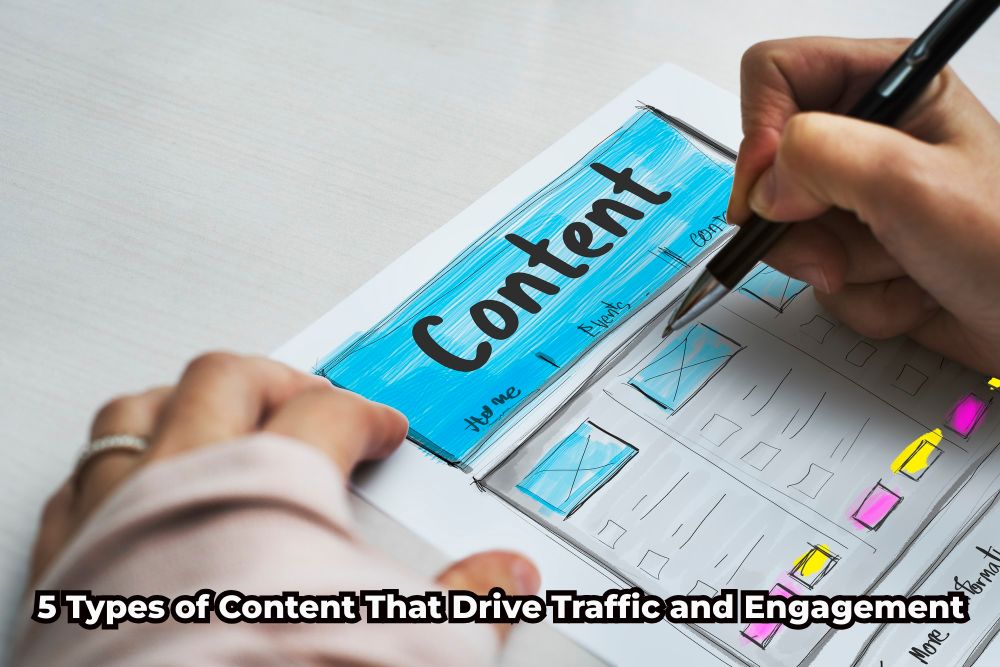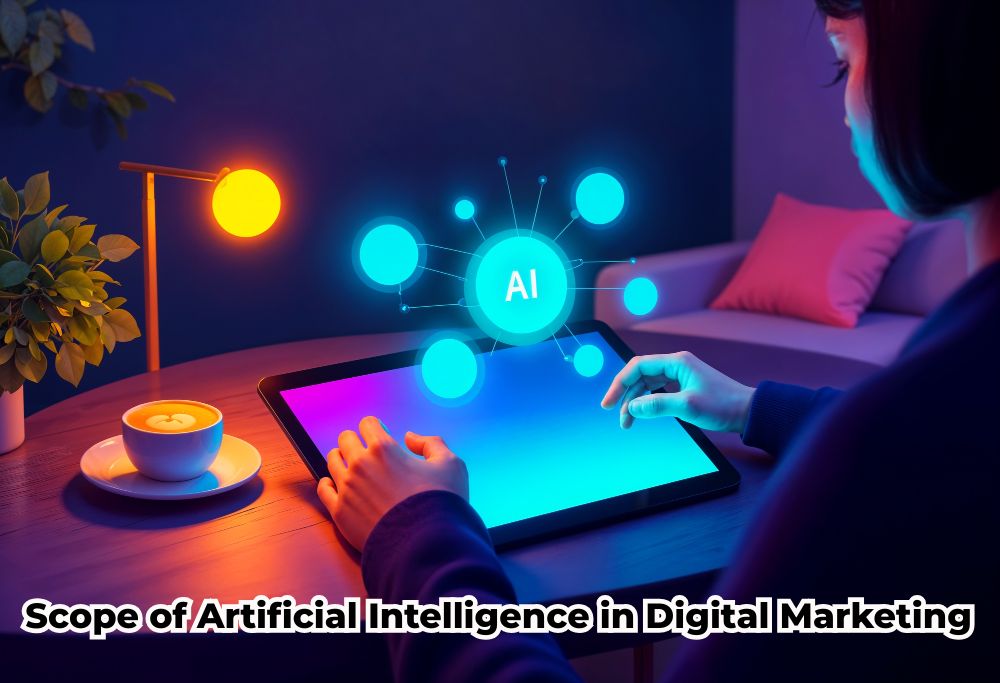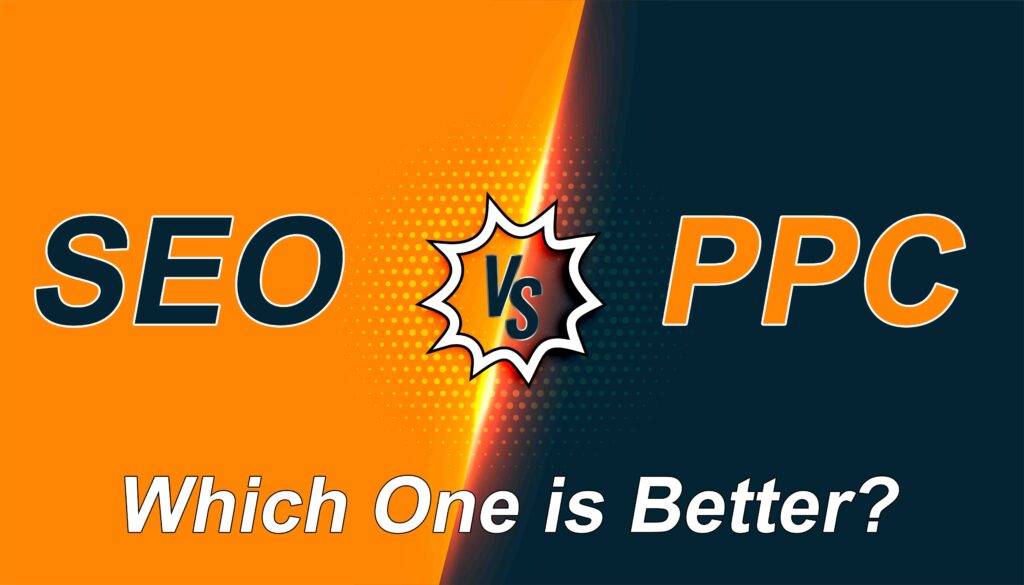SEO is one of the oldest practices that have been employed in carrying out internet marketing for over twenty years. But as we move further into 2025, many marketers and business owners are asking: Does SEO still work in 2025? In short, the answer is yes, however, the concept of culture has developed and become much more nuanced over the years. Similarly, the SEO scenario has changed over time due to changes in technology, user behavior, and search engine systems. Hence in this article, I will explain how SEO has evolved over the years, which strategies are still relevant today, and why SEO has not lost its significance to achieve digital success in 2025.
Is SEO Still Effective? Debunking Myths and Misconceptions
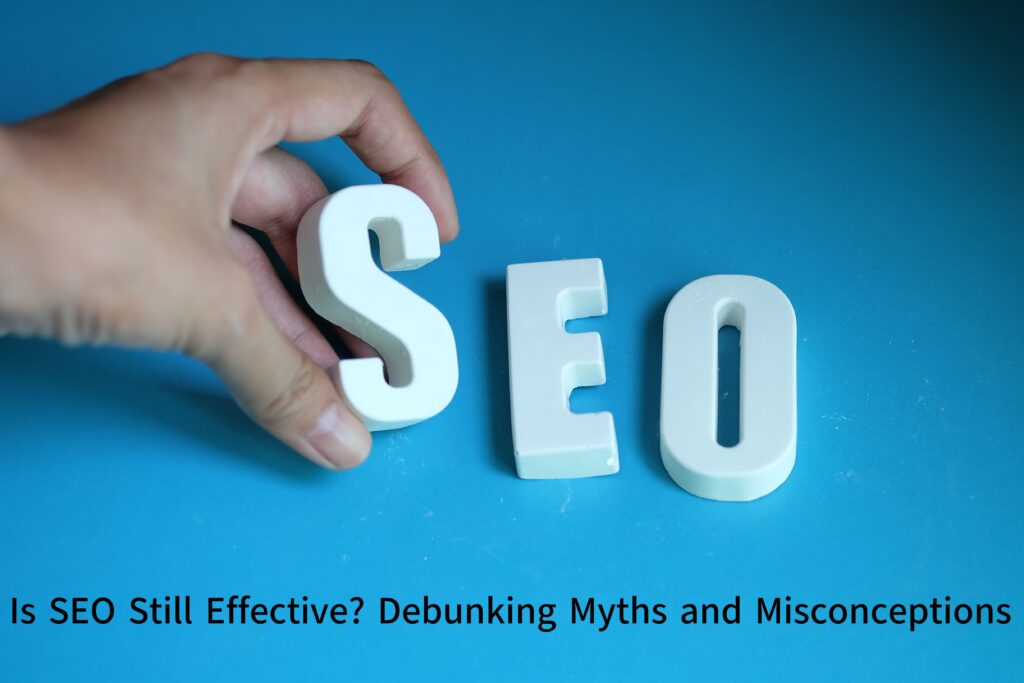
The Ever-Evolving SEO Landscape
SEO also is an evolving science that has gone through significant changes in the years and 2025 is not an exception. In previous years, it was easier to opt for keywords and backlinks stuffing as a primary SEO technique. But search engines including Google which started as a simpler search function have grown to take into account user experience, quality, and purpose of search.
SEO in the year 2025, thus comprises the conventional strategies of optimization including page & link building as well as new inventions like voice search optimization, application of Artificial intelligence in algorithms, and optimizing engagement parameters. Mobile-first indexing, Core Web Vitals, and the emergence of generated media, which are also focused on AI, have also changed the SEO field. For this reason, anyone who is willing to make changes will continue to reap benefits from SEO.
Google’s Algorithm Updates: How They Affect SEO
Over the years, the trends of SEO have been driven in large part by Google’s various algorithm changes. Since Panda and Penguin, Google updated its algorithm to consider not only the content of the Web site but also its usability, its appearance on portable devices, the speed of its loading as well as its relevance.
As we continue into 2025, it is becoming increasingly difficult to ‘trick’ the system with old-school SEO, thanks to; algorithms such as Google’s Multitask Unified Model (MUM). MUM can handle queries with more context and can even analyze various media types to include in the search recommendation, such as text, image, or video. As a result, SEO in 2025 is not a set of rankings for specific keywords. It is about understanding people’s goals, delivering the best possible value, and optimizing the website across all channels and interfaces.
Content Quality Over Quantity
The era where multiple articles could be written filled with specific keywords and help improve your rank is long gone. Looking ahead to 2025, it is clear that content quality is a more valuable factor now than it has ever been. Google has now developed a very complex system of how to interpret content, how deep it goes, and how read it is. Rather than short and generic posts that hold little value for users, long and exhaustive content that provides a comprehensive answer to a user’s question is more valued.
The trend of moving from key terms/descriptions toward E-A-T (Experience, Expertise, Authoritativeness, Trust) can already be observed in how search engines promote content. The types of articles that mostly appeal to the search engines include those that present knowledge, concise experience, and authority. For instance, an informative and accurate article that should be backed by professional sources will do much better than an article that does not have enough quality. This implies that organizations should shift from the quantity of the uploaded content, by posting multiple messages without rich information.
Conclusion:
Hence the question: Does SEO still work in 2025? Of course, it is, but it is far more subtle today than it was at any time in the past. A contemporary approach to SEO means that it is necessary to work with qualitative content, focus on website usability, engage in technical optimization, and take into consideration the possibilities AI and machine learning open to search engines.
Chasing these changes and focusing on user intent, mobile experience, and AI tools will remain beneficial for those businesses that dare to adapt to the modern SEO trends by 2025 and further. Nevertheless, the ranking, more exposure, and accelerated growth are worth the effort and cost of investing in SEO as it was before.

